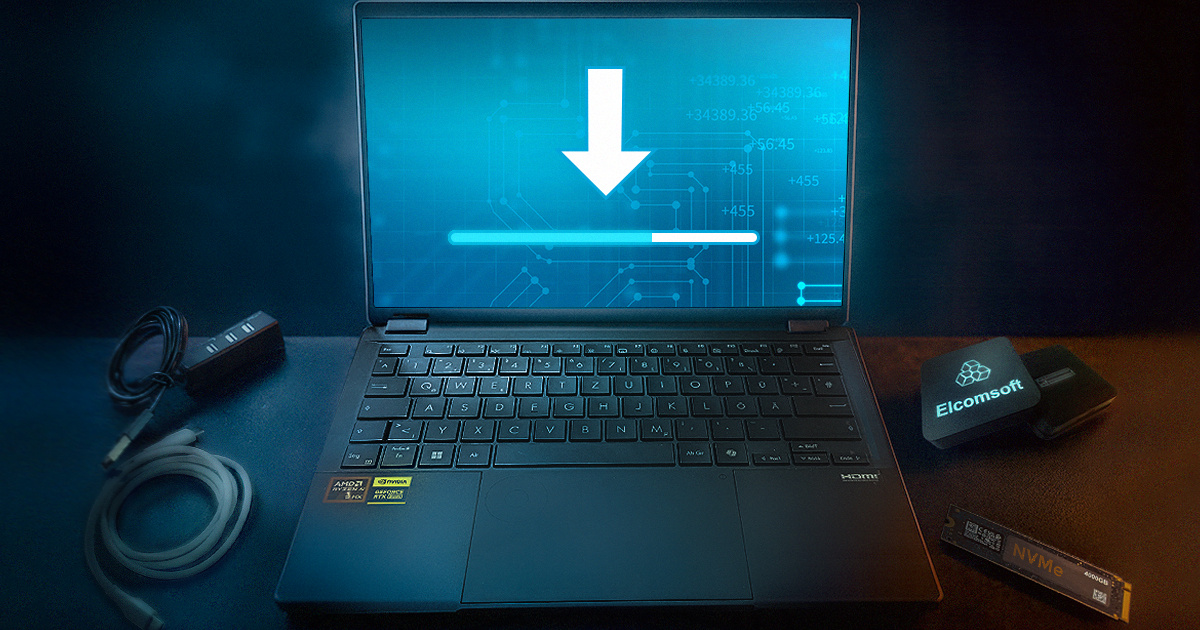Lockdown records, or pairing records, are frequently used for accessing locked iOS devices. By using an existing lockdown record extracted from the suspect’s computer, forensic specialists can perform logical acquisition of the iOS device with iOS Forensic Toolkit and other forensic tools. Logical acquisition helps obtain information stored in system backups, access shared and media files, and even extract device crash logs. However, lockdown records may be tricky to access and difficult to extract. macOS protects lockdown files with access permissions. Let’s find out how to access the lockdown files on a live macOS system.
It’s been fast. iOS 11.3.1 and all earlier versions of the system down to iOS 11.2 have been successfully jailbroken. In addition, the jailbreak is compatible with iOS 11.4 beta 1 through 3. We normally wouldn’t post about each new jailbreak release; however, this time things are slightly different. The new Electra jailbreak uses two different exploits and presents two very different installation routines depending on whether or not you have a developer account with Apple. Considering how much more stable the developer-account exploit is compared to the routine available to the general public, this time it pays to be an Apple developer.
The most spoken thing about iOS 11.4.1 is undoubtedly USB Restricted Mode. This highly controversial feature is apparently built in response to threats created by passcode cracking solutions such as those made by Cellerbrite and Grayshift. On unmanaged devices, the new default behavior is to disable data connectivity of the Lightning connector after one hour since the device was last unlocked, or one hour since the device has been disconnected from a trusted USB accessory. In addition, users can quickly disable the USB port manually by following the S.O.S. mode routine.
Apple has an article on their official Web site, warning users against jailbreaking iOS devices. The article “Unauthorized modification of iOS can cause security vulnerabilities, instability, shortened battery life, and other issues” is available at https://support.apple.com/en-us/HT201954. How much truth is in that article, and is jailbreaking as dangerous as Apple claims? We’ll comment the article based on our extensive experience in jailbreaking more than a hundred devices running every version of iOS imaginable.
Thinking Apple is done with USB Restricted Mode? Not yet. They have at least one more deus ex machina to shake up the forensic community.
We also trust these companies in ways that we do not understand yet. How many of you trust Apple? No voting… Just me 🙂 Damn! OK. May I ask you a very good question. Trusting to do what? Trusting when they say: “iMessages are end-to-end encrypted”? I mean, with all of that massive security engineering, to make sure it’s as good as it can be, so they genuinely believe they’ve done that. I do, generally, they’re great people. But… people believe themselves they can defend themselves against the Russians. If the Russians specifically targeted Apple, it’s only they can defend themselves. – Ian Levy, director at the GCHQ on anniversary of the foundation of the FIPR event that was held on 29/04/2018).
This publication is somewhat unusual. ElcomSoft does not need an introduction as a forensic vendor. We routinely publish information on how to break into the phone, gain access to information and extract as much evidence as theoretically possible using hacks (jailbreaks) or little known but legitimate workarounds. We teach and train forensic experts on how to extract and decrypt information, how to download information from iCloud with or without the password, how to bypass two-factor authentication and how their iPhone falls your complete victim if you know its passcode.
As we wrote back in May, Apple is toying with the idea of restricting USB access to iOS devices that have not been unlocked for a certain period of time. At the time of publication, our article received a lot of controversial reports. When this mode did not make it into the final build of iOS 11.4, we enjoyed a flow of sarcastic comments from journalists and the makers of passcode cracking toolkits. Well, there we have it: Apple is back on track with iOS 11.4.1 beta including the new, improved and user-configurable USB Restricted Mode.
Numerous vendors advertise many types of solutions for extracting evidence from Android devices. The companies claim to support tens of thousands of models, creating the impression that most (if not all) Android devices can be successfully acquired using one method or another.


